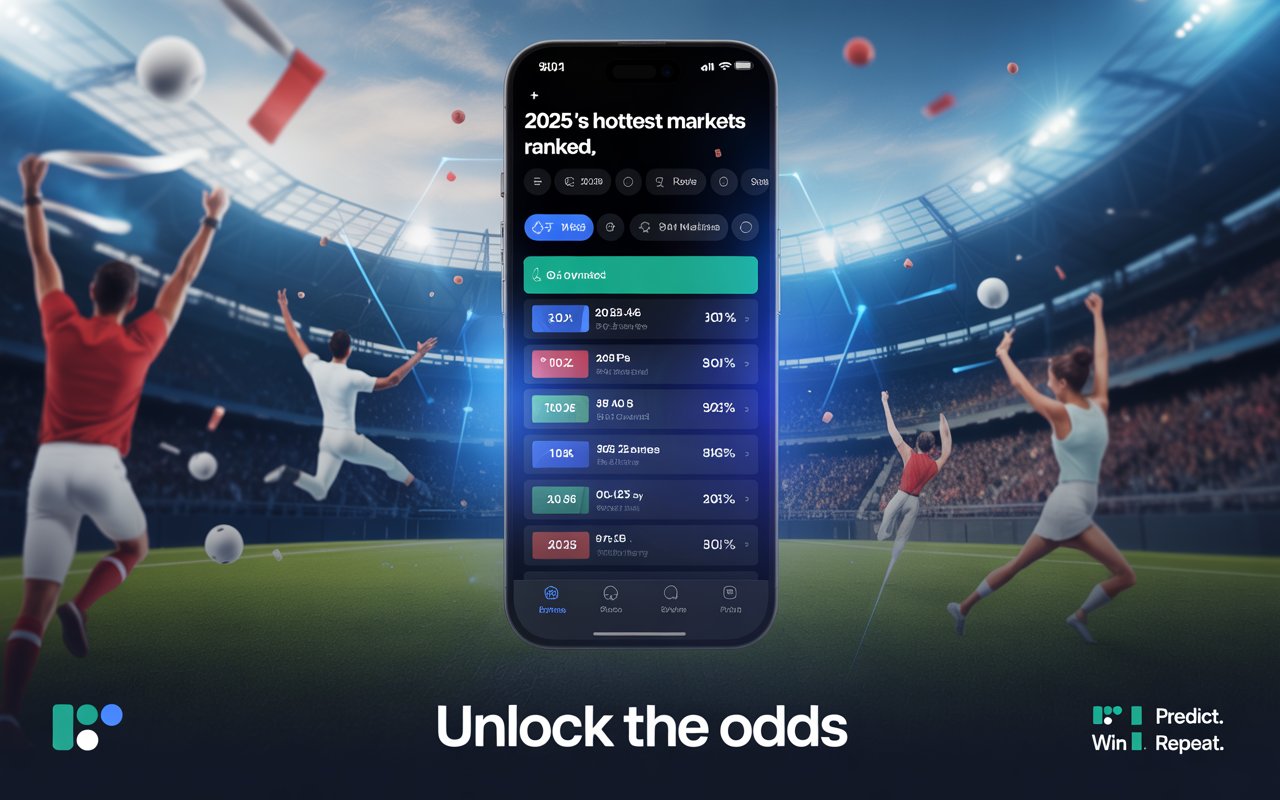In the fast-evolving world of iGaming, one question consistently splits lawyers, regulators, and operators down the middle: Is it skill or is it chance?
The answer isn’t just academic—it’s regulatory dynamite.
It dictates whether a game is legal, how it’s taxed, what age restrictions apply, and which licenses are needed.
This is the legal chessboard on which the future of iGaming is being played.
Why the Distinction Matters
In most jurisdictions:
- Games of chance = regulated as gambling
- Games of skill = treated as contests or entertainment
This difference can mean:
- Licensing or no licensing
- 20% tax rate or 0%
- Criminal liability or startup darling status
Take the same gameplay. Change one mechanic. The legal outcome changes completely.
The Big Grey Zone—Fantasy Sports, Poker & eSports
Poker:
- Arguably skill-based over time
- But each hand involves random card distribution
- Courts worldwide remain divided
Fantasy Sports:
- Skill in team selection and performance prediction
- Still involves chance (injuries, real-world outcomes)
- Classified differently across US states
eSports Betting:
- Betting = gambling
- But skill-based tournaments with buy-ins? Legal in many areas
Operators walk a regulatory tightrope depending on how they position their product.
Precedents That Shaped the Debate
- United States:
- DFS (Daily Fantasy Sports) faced bans in NY, IL, and other states until redefining formats
- The UIGEA (2006) created carve-outs for skill-based games—leading to the DraftKings/FanDuel boom
- India:
- Rummy and Fantasy Cricket considered skill-based in some states
- But Telangana and Tamil Nadu banned real-money games regardless
- Germany:
- Strict licensing required for all gambling
- Poker seen as gambling; fantasy sports remains in limbo
These legal precedents create fragmentation—and huge opportunity for nuanced legal maneuvering.
Design Choices That Can Make or Break Legality
Legal teams are now part of game design. Why? Because small tweaks can change the legal nature of a game.
Examples:
- Slot-style graphics? Chance.
- Trivia questions influencing outcome? Skill.
- No house edge, peer-to-peer only? Less gambling risk.
Smart iGaming operators embed compliance at the code level.
Skill-Gaming Boom—Real or Regulatory Runaround?
There’s been an explosion in:
- Skill-based arcade games
- Cash competitions in mobile apps
- Gamified sports prediction contests
Is it innovation?
Or just a workaround to dodge gambling laws?
Regulators are watching closely.
Some are:
- Creating skill game licenses (e.g., Malta)
- Shutting down borderline apps (e.g., Apple purges)
- Seeking stricter definitions globally
Legal Tech Tools Changing the Game
Forward-thinking operators now use:
- Risk modeling software to analyze game chance ratios
- Regulatory heat maps for jurisdiction-specific rulebooks
- AI compliance checkers that audit gameplay for legality
The legal layer of iGaming is going digital. Those who ignore it? Risk fines, bans, or even jail time.
Key Legal Questions Every iGaming Brand Must Answer
- Can players influence the outcome materially?
- Is any part of the outcome determined randomly?
- Are players competing against the house or each other?
- Are rewards based on performance or luck?
- What does the local law say about game classification?
Your answers define your risk exposure.
Landmark Legal Battles to Watch
- India’s Supreme Court review on skill-based gaming bans
- Florida lawsuits against fantasy sports platforms
- Germany’s compliance crackdowns on unlicensed poker rooms
- US state-level reclassifications of crypto skill games
Each case has the potential to reshape the entire industry.
The Future—Blended Games, Blurred Laws
The next generation of games won’t fit clean categories:
- Casino-style battle royales
- Trivia meets loot boxes
- FPS tournaments with side-betting
Regulators will struggle. Operators must lead.
The iGaming future belongs to:
- Legally fluent product designers
- Proactive compliance teams
- Brands that embrace clarity—not obfuscation
The Bottom Line
Skill vs. Chance isn’t just a philosophical debate. It’s a multibillion-dollar legal fault line.
Get it right:
- Fast approvals
- Scalable monetization
- Strategic market entries
Get it wrong:
- Government bans
- Brand destruction
- Criminal charges
In the world of iGaming, the line between legal and illegal isn’t drawn in sand. It’s coded into your product.
At JackPotDiary, we’ll keep drawing the line. So you don’t cross it unknowingly.











